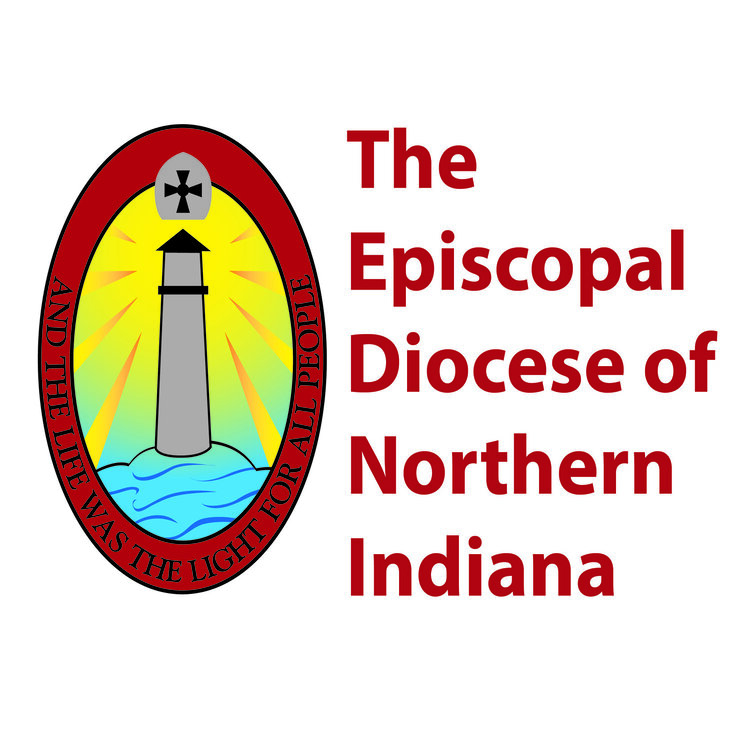Annual Financial Review Guidelines
Pursuant to DFMS Canon I.7.1(f):
“All accounts of Parishes, Missions or other institutions shall be audited annually by an independent Certified Public Accountant, or independent Licensed Public Accountant, or such audit committee as shall be authorized by the Finance Committee, Department of Finance, or other appropriate diocesan authority.”
Episcopal Church Canons require each parish to conduct an annual audit. Because many of our parishes cannot afford a full professional audit every year, we suggest that under-resourced parishes have a full audit once every third year and conduct an internal self-audit in both intervening years. Parishes without the resources to conduct an internal self-audit should avail themselves of the opportunity to engage in a mutual financial review with other parishes in the diocese.
Full Formal Audit by an Independent Certified Public Accountant—at least once every three years
According to the Episcopal Manual of Business Methods in Church Affairs:
Annual audits are required by the Canons of the Episcopal Church for all parishes, missions, and other institutions. The primary purpose of an audit is to assure that financial statements are fairly stated. Any person handling the monies or investments of the church needs an audit to protect the church assets and him/her against suspicion of mishandling those assets. Similarly, rectors, vestries, vicars, bishop’s committees, treasurers, and other persons in positions of responsibility may be liable for any losses which would have been discovered by an ordinary audit but were not discovered because they failed to have an audit conducted. In addition, an announcement to the congregation that a completed audit reveals that all monies and investments are properly accounted for will have a positive impact on stewardship.
The Manual provides full instructions on how to arrange for an audit as well as a checklist for use by the auditor.
An independent CPA or LPA means one who is not associated with the faith community other than by contracting to perform the audit. Audit by an independent CPA/LPA prevents any appearance of collusion should any suspicion of mishandling arise.
Internal Self-Audit—no more than two out of every three years
Not every faith community can afford the expense of a full annual audit by an independent Certified Public Accountant (CPA) or Licensed Public Accountant (LPA). In faith communities where an accountant is a member (but not serving as either the Bookkeeper or Treasurer), that person may elect to donate the performance of an informal, internal self-audit for the faith community in two out of every three years. That audit should follow the guidelines set forth in the Episcopal Manual of Business Methods in Church Affairs.
In the third year, the faith community must have a full, formal and independent audit. It therefore would be prudent for the vestry to set aside one-third of the funds in each year to accumulate towards the full expense.
Mutual Financial Review—no more than two out of every three years
Not every faith community includes an accountant of any sort. For faith communities without either the financial or the human resources for a formal independent audit or an internal self-audit, a mutual financial review is an effective way of providing the parish with appropriate financial oversight.
A mutual financial review brings together two parishes for an exchange of documents so that each can provide a review for the other:
- Each parish will need to send two lay representatives (e.g. the Treasurer and a member of the vestry).
- At least a week prior to the session, these representatives should download the Mutual Financial Review Spreadsheet and gather the items listed on the “Prep List” tab of that spreadsheet.
- Remember that not all items are relevant to all parishes. If an item is relevant, but your parish has not kept the appropriate records, remember that one purpose of the review is to provide you with guidance for keeping those records well in the future.
Each set of representatives works through the checklist tab of the Mutual Financial Review Spreadsheet for the other faith community. Having completed that checklist, the team then composes a report with recommendations, observations and suggestions before completing the certificate portion of the spreadsheet.
